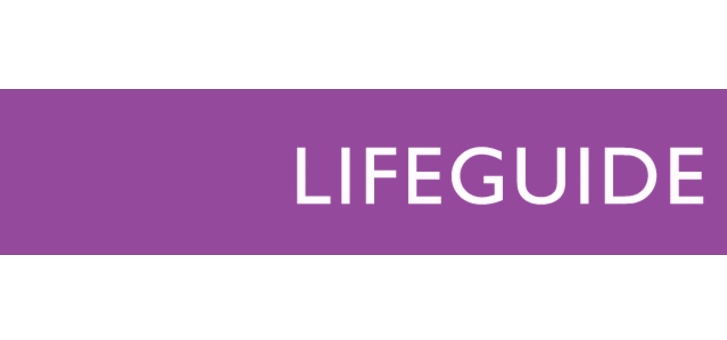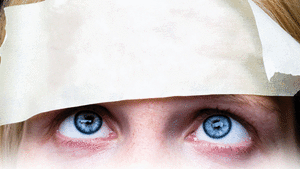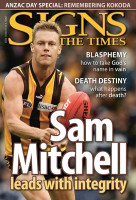Q: A few years ago I suffered from panic attacks and could not drive or work for two years. I took medication and eventually the panic went away. However, I recently experienced another panic attack while driving and had to pull over as I was certain I would have an accident. I thought I was going to die—my heart pounded so much I was sure I was having a heart attack. I am terrified of being in the same situation I once was. Is there anything I can do to prevent myself from becoming
panic struck?
A: Your fear of again being a panic sufferer is understandable. At least 5 per cent of people suffer from panic, but there may be many more who hide their panic. “Suffer” is the correct word.
This condition strikes without warning and consists of an overwhelming sense of terror and dread. Sufferers feel they are going to die, have a stroke or go mad.
Panic is a combination of negative thoughts (guilt, low self-esteem, worry, sense of failure), compounded by stress (or a sequence of stressors), and extremely distressing physical sensations (choking, heart palpitations, shaking, sweating etc). After having a panic attack your brain goes on “red alert” for anything that might resemble it in the future. Having had panic attacks in the past, it is possible you interpreted your heart pounding as a sign of the panic attacks returning. The good news is you do not have become a panic sufferer again.
People who suffer from panic attacks are often anxious, often worrying about things outside their control. They tend to set high expectations for themselves and strive for perfection. It would be helpful to speak to someone who can help you uncover your negative thoughts—sometimes it is hard to pin those down. You may also need to look at your life situation with a view to reducing the stress as much as you can.
Other helpful strategies include deep breathing and learning to relax.
A thought is just a thought—even if it is an anxious thought—and it will pass, and the shaking, feeling faint or heart palpitations does not necessarily lead to anything. It too will pass. Often we do things in response to these physical sensations, such as more rapid and shallow breathing, that simply serve to make us feel even more faint or unwell. Don’t let panic rule your life—get help.
This problem can be overcome.





